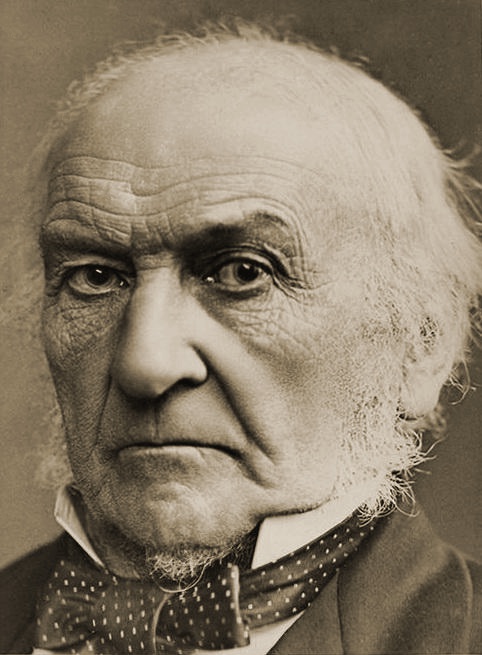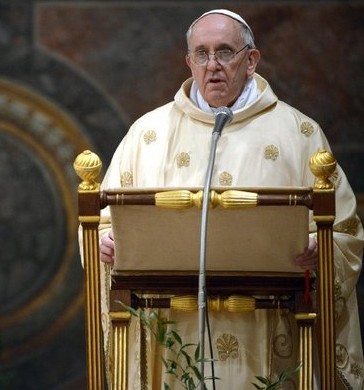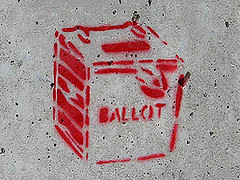
William Gladstone might have the answer to the ‘West Lothian’ question
The Commission on the Consequences of Devolution, also known as the McKay Commission, reported quietly in March 2013. Its remit had been to consider how the Commons should handle legislation that affects only part of the UK, now that domestic policy, to varying degrees, has been devolved to Scotland, Wales, and Northern Ireland. It was not, however, instructed not ‘to deal with matters of finance in the context of the devolution settlements or with the representation of the devolved areas at Westminster’. This is Hamlet without the prince: finance and representation are the big unsolved questions in UK devolution. But for news about Claudius, Laertes and Polonius, read on.
The Commission examines solutions to the ‘West Lothian Question’ (WLQ) other than cutting the numbers of MPs from Scotland, Wales and Northern Ireland. The WLQ, properly stated, relates to the powers of MPs (and in principle peers) not from a given part of the UK to alter legislation that affects only that part. In the past, it has severely affected Scotland, Wales and (Northern) Ireland. The Poll Tax was introduced in Scotland only by an Act which the majority of Scottish MPs opposed. Older examples include the blocking of Welsh church reform from 1868 to 1920, coercion Acts in nineteenth-century Ireland, and the Patronage Act (Scotland) 1711/12, violating the then recent Act of Union.
However the WLQ can now only affect England.

The utility function of Celestine V and the election of Pope Francis
When Pope Benedict XVI resigned in February 2013, there was much scrabbling by journalists to establish when last a pope resigned voluntarily. After a bit, they came up with the correct answer. It was in 1294, when the elderly hermit Pietro of Murrone, who had been elected as Celestine V after a two-year deadlock, abruptly resigned after five months and went back to being a hermit, a life he evidently preferred. But Celestine V was remarkable for two things, of which his resignation was but one. The other was his enforcement of the conclave. That distant event has decisively shaped the procedure for electing popes. To see why, we need to understand a lesson from social choice that papal electors learnt the hard way: the trade-off between stability and decisiveness.

Same-Sex Civil Marriage and the Established Religious Lobby: Providing the Government with Good Information?
On Tuesday 12 June, two days before the end of the consultation by the Government Equalities Office (GEO) on same-sex civil marriage, the Church of England submitted an unsigned response. The response contains a number of arguments, which we feel are deeply flawed or simply inaccurate: Same-sex civil marriage violates the fundamental principle of marriage: complementarity, which arises from the difference between the sexes. If this argument does not depend upon the importance of procreation, and it cannot, then the argument is circular. Legislation on civil marriage will impact religious marriage because the institution of marriage is one and the same for both. But one of the foremost Christian apologists in the Church of England has argued that they should be …
History written and rewritten
John Sentamu, the Archbishop of York, recently posted a long statement explaining his opposition to same-sex marriage. Some of it appeared in the Guardian and on the Guardian’s CIF Belief blog. In it he referenced an interview he recently gave to the Daily Telegraph, which contains the following statement: We supported Civil Partnerships (the bishops in the House of Lords), because we believe that friendships are good for everybody. Like other religious opponents of same-sex marriage, he goes on to argue that civil partnership is “in every respect in ethical terms an honourable contract of a committed relationship”. Same-sex couples, he therefore says, should not press for marriage. But his factual claim is false. The main Lords debate on the …

One Vote, One Value: More complicated than it sounds
The People’s Charter of 1848 contained six demands, then considered dangerously radical by both Whig and Tory governments. One of the six was: EQUAL CONSTITUENCIES, securing the same amount of representation for the same number of electors, instead of allowing small constituencies to swamp the votes of larger ones. The Chartists might have been surprised to find that it was a Conservative-dominated government which first tried to enact equal representation, in the Parliamentary Voting System and Constituencies Bill 2010 (PVSCB in civil servantese). As I write, the controversial bill has passed the Commons, and is being considered by Their (unelected) Lordships, who have no scruples about amending bills on how to elect another house. Oh well, that’s politics. Some political …










